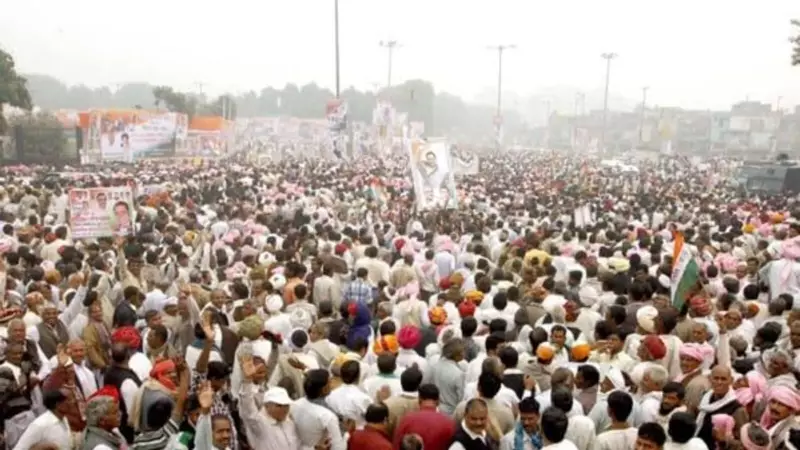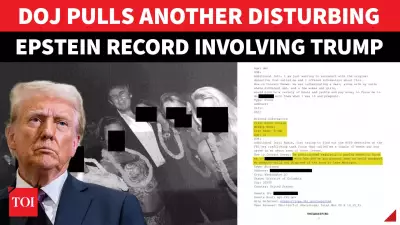
Ukraine's Wartime Corruption Crisis Deepens
Ukraine faces a dual crisis as Russian attacks on energy infrastructure intensify while a massive corruption scandal involving the state-owned nuclear power company Energoatom has emerged. The scandal represents one of the most significant government crises since Russia's full-scale invasion began nearly four years ago.
President Volodymyr Zelenskyy has called for the dismissal of his justice and energy ministers following public backlash over the scheme. Prime Minister Yuliia Svyrydenko confirmed that both ministers submitted their resignations amid the ongoing investigation.
The $100 Million Kickback Scheme
Anti-corruption agencies revealed findings from a 15-month investigation that included 1,000 hours of wiretaps and resulted in the detention of five people. Another seven individuals are linked to approximately $100 million in kickbacks within Ukraine's energy sector.
The National Anti-Corruption Bureau (NABU) conducted over 70 raids as part of their investigation, which they codenamed "Midas." The scheme involved a businessman, a former adviser to the energy minister, an executive responsible for physical protection at Energoatom, and others involved in money laundering operations.
According to wiretap excerpts released by NABU, the network used code names and secret language to discuss pressuring Energoatom contractors. They demanded 10%-15% kickbacks and bribes to allow businesses to operate without internal obstacles.
Key Figures and Political Fallout
The scandal has implicated Timur Mindich, a 46-year-old co-owner of Zelenskyy's Kvartal 95 media production company. In the wiretaps, Mindich is believed to be speaking under the code name "Karlsson." Under Zelenskyy's presidency, Mindich has gained significant influence across multiple industries, including lucrative domestic drone production.
Prime Minister Svyrydenko confirmed that the cabinet submitted proposals to apply sanctions against Mindich and businessman Alexander Tsukerman. The involvement of Zelenskyy's close associate has raised questions about how high the corruption reaches within the government.
Lawmaker Oleksandr Merezhko from Zelenskyy's party warned that "internally this scandal will be used to undermine unity and stability within the country. Externally, our enemies will use it as an argument to stop aid to Ukraine."
War Powers and Anti-Corruption Efforts
The timing of the scandal is particularly damaging as Ukraine struggles with mounting energy shortages. Russian attacks have targeted critical infrastructure and natural gas production, creating rolling blackouts ahead of winter.
Zelenskyy had attempted to curtail Ukraine's anti-corruption watchdogs last summer but reversed course after widespread protests. Months later, these same agencies revealed their findings about the energy sector corruption.
The investigation exposed how the corruption network exploited martial law regulations that prevent contractors from claiming debts in court from essential service providers like Energoatom. The state nuclear company has annual revenues of approximately $4.7 billion.
Wiretaps revealed that about $1.2 million was given to a former deputy prime minister, whom the plotters referred to as "Che Guevara" after the revolutionary leader.
International Concerns and Energy Security
Ukraine's international partners have expressed concern about the corruption reports, particularly in the energy sector that receives substantial foreign support. A spokesperson for German Chancellor Friedrich Merz stated that Germany is "concerned by the reports of corruption" in "a sector that receives considerable support from Germany."
The scandal emerges as Ukraine's outnumbered forces retreat under relentless Russian assaults. The country has been scrambling for European funds to manage energy shortages while Moscow continues targeting critical infrastructure to undermine public morale.
Despite the damaging revelations, Merezhko noted a silver lining: "We have effective and truly independent anti-corruption bodies which have shown concrete results. As it turns out, no one is above the law and no one is immune."
The investigation continues as Ukraine battles both external military threats and internal corruption challenges that threaten to undermine international support during a critical phase of the war.





